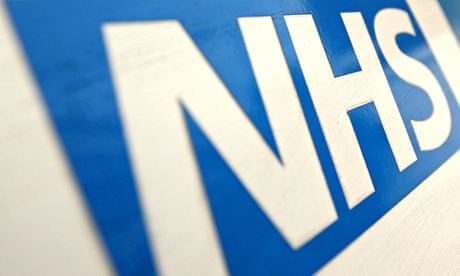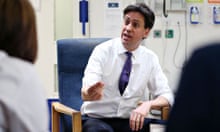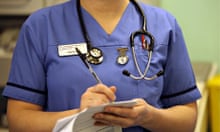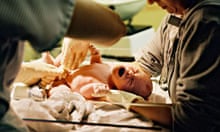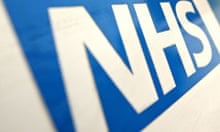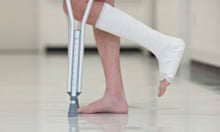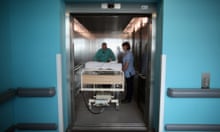One in every 16 people treated at an NHS hospital fall ill with an infection, according to a government health agency report. The National Institute for Health and Care Excellence (Nice) said the rate of infections, which are a "very real threat" to patients' lives, was "unacceptably high".
Infections can occur in healthy people, especially if they are undergoing invasive surgery or using catheters or tubes inserted into veins. Children, the elderly and the ill are even more susceptible.
Common types of infection include pneumonia, lower respiratory tract infections, urinary tract infections and surgical site infections.
While steps have been taken to reduce infection rates of hospital bugs such as MRSA and Clostridium difficile, other infection rates are still too high, Nice said. A spokeswoman said that doctors and nurses must "redouble" hygiene efforts to bring the rates down.
Nice has set out new guidelines to address the problem, including advising healthcare workers to clean their hands thoroughly and often and to use catheters or vascular access devices safely and hygienically.
Professor Gillian Leng, deputy chief executive and director of health and social care at Nice, said: "It is unacceptable that infection rates are still so high within the NHS. Infections are a costly and avoidable burden. They hinder a patient's recovery, can make underlying conditions worse, and reduce quality of life.
"Although there have been major improvements within the NHS in infection control, particularly in relation to Clostridium difficile and MRSA bloodstream infections in the last few years, healthcare-associated infections are still a very real threat to patients, their families and carers and staff. This quality standard gives primary, community and secondary care services the most up-to-date advice on the best ways to minimise the risks of infections."
The number of deaths from MRSA and Clostridium difficile has fallen in successive years. According to the ONS, the number of patients in hospitals in England and Wales who died from MRSA fell by 25%, from 485 in 2010 to 364 in 2011.
There were 2,053 deaths related to the C difficile infection, compared with 2,704 the year before. The number of patients who died after contracting C difficile represented 1% of all hospital deaths between 2009 and 2011.
Despite the fall in the two types of infection, health officials warn that excessive use of antibiotics has led to an increase in new strains of infections that are resistant to treatment.
The government revealed last month that 16 people have died in the Manchester area in the past four years from a highly resistant Klebsiella pneumoniae carbapenemase. Most were very ill and may have been colonised by the bacteria before admission to hospital. The infection is resistant to carbapenems – antibiotics that, in many cases, are regarded as the last effective defence against multi-resistant bacterial infections.
Carol Pellowe, senior lecturer at Guy's & St Thomas' NHS Foundation Trust and member of the committee that developed the standards, added: "This quality standard will promote best practice in infection prevention and control and by providing key areas for action, encourage organisations to sustain their efforts in ensuring patient safety."
